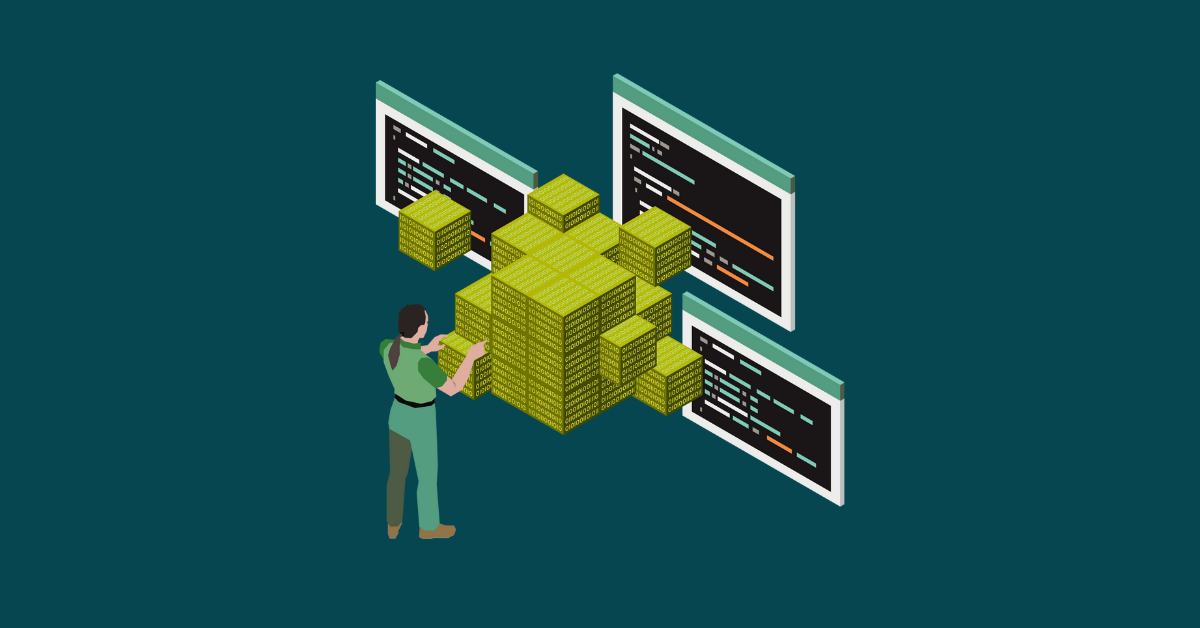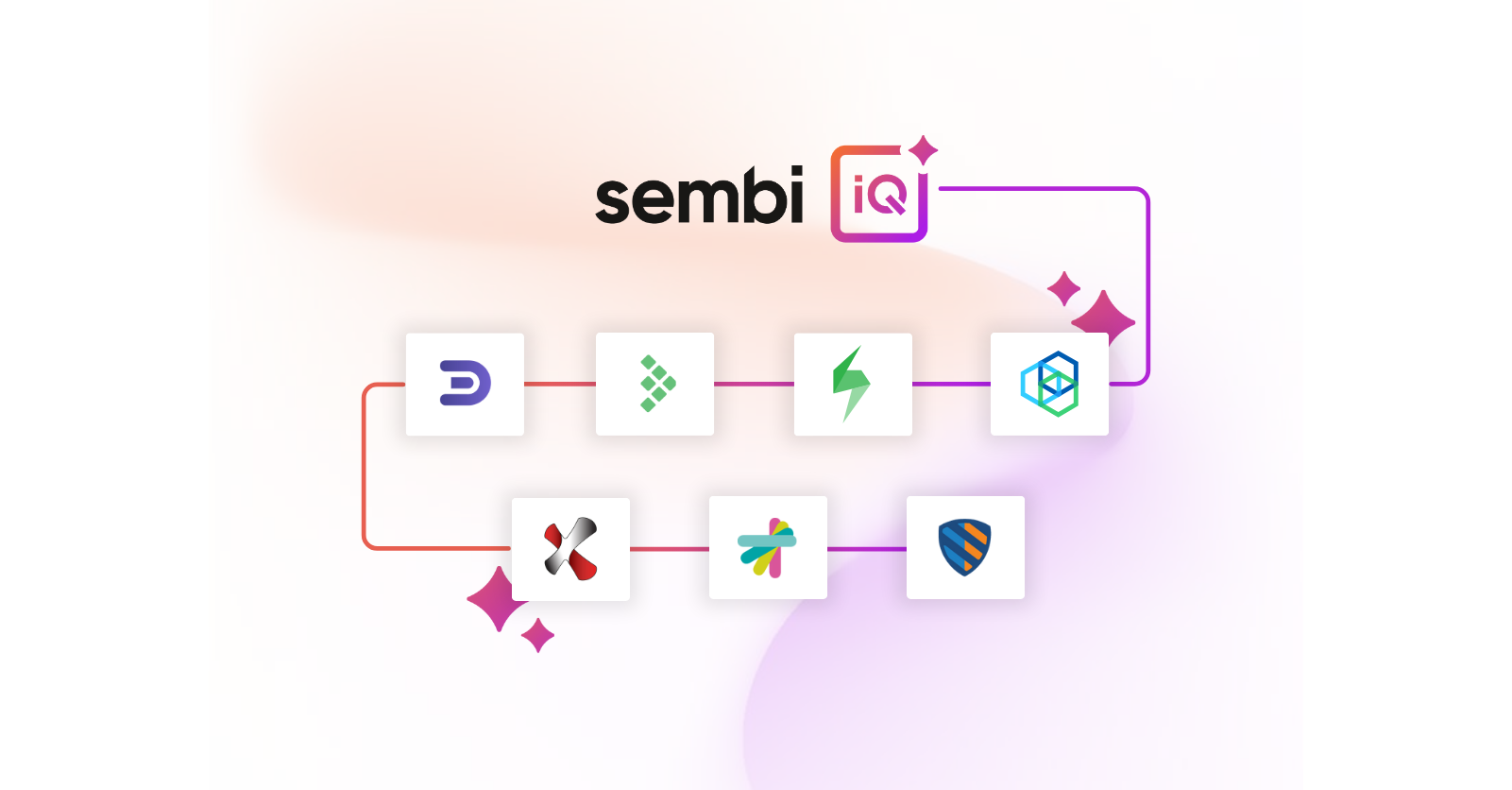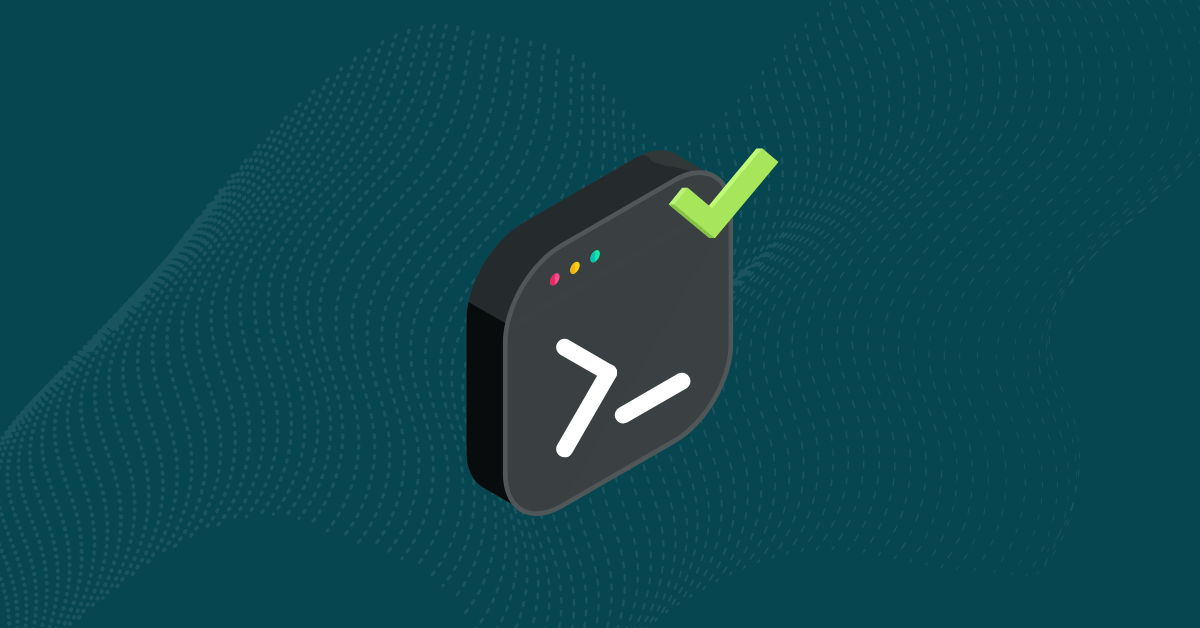
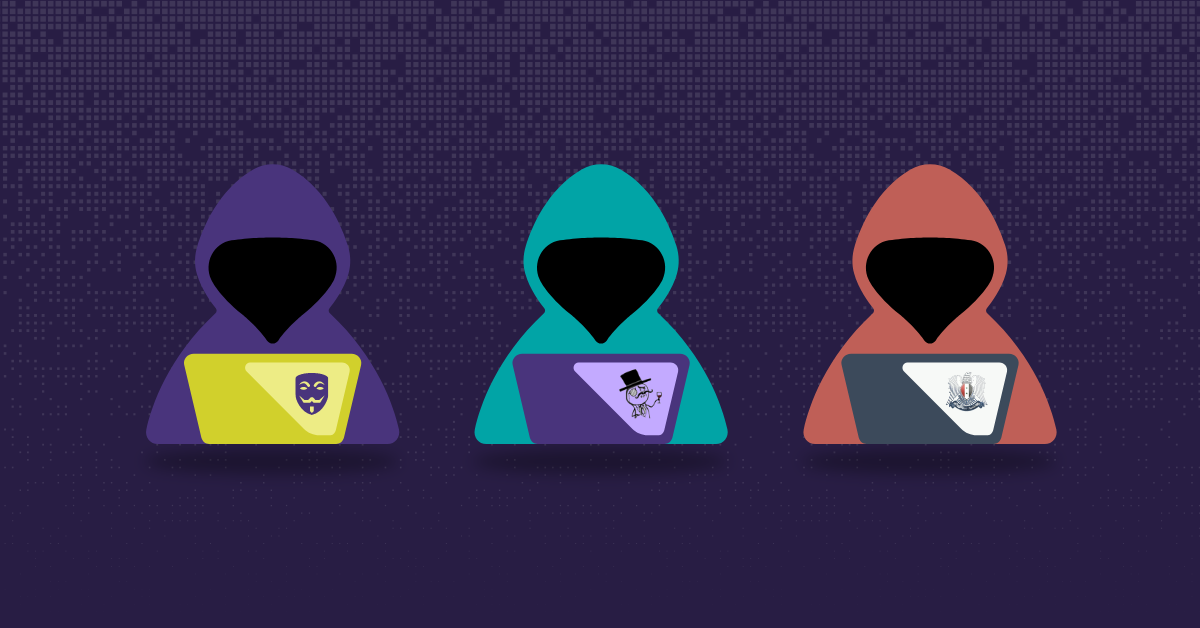
The application security world is constantly under attack. One of the most common attacks comes in the form of hacker groups. These notorious hacking groups are often organized and motivated by political or social agendas. While some hacker groups pull relatively harmless pranks, others have caused billions of dollars in damage and are responsible for some of the most serious cyberattacks in history.
Here are three of the most notorious hacking groups:
Anonymous is a decentralized network of activist and hacktivist entities with no formal leadership structure or membership roster. One of their most famous attacks was against the Church of Scientology, in which they took down the church’s website and leaked a large amount of confidential information. They have also attacked many government websites, including those of the United States, Israel, and Turkey.
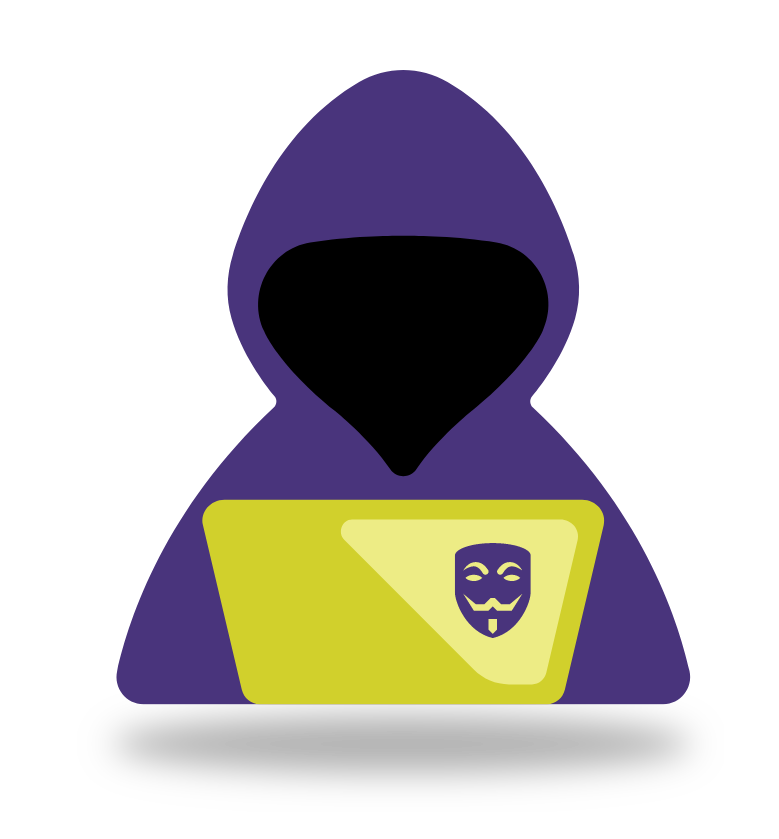
The group is known for various actions and distributed denial-of-service (DDoS) attacks on government, religious, and corporate websites. They have been associated with Internet activism and civil disobedience, and promote anonymity and leaderless organization.
Sony Pictures Entertainment – In April 2011, Sony Pictures Entertainment was the victim of a massive data breach that released over 100 million customer records, including credit card information and login credentials. The attack was traced back to the Anonymous hacking group, which claimed it was in retaliation for Sony’s legal action against George Hotz, a hacker who had breached the security of the PlayStation 3.
HBGary Federal – In February 2011, the Anonymous hacking group hacked into HBGary Federal, a security firm. The group released over 50,000 emails that revealed the company’s involvement in many shady activities, such as plans to launch denial-of-service attacks against WikiLeaks and develop software that could be used to spy on Facebook users.
PayPal – In December 2010, the Anonymous hacking group attacked PayPal after the company stopped processing donations to WikiLeaks. The group launched a denial-of-service attack against PayPal, which caused the company’s website to go offline. PayPal incurred significant financial losses due to the attack, and the company’s reputation was also damaged.
LulzSec was a short-lived but highly active notorious hacking group responsible for many high-profile attacks. One of their most famous attacks was against the Sony Pictures website, in which they leaked a large amount of confidential information. They have also attacked many other websites, including the US Central Intelligence Agency.
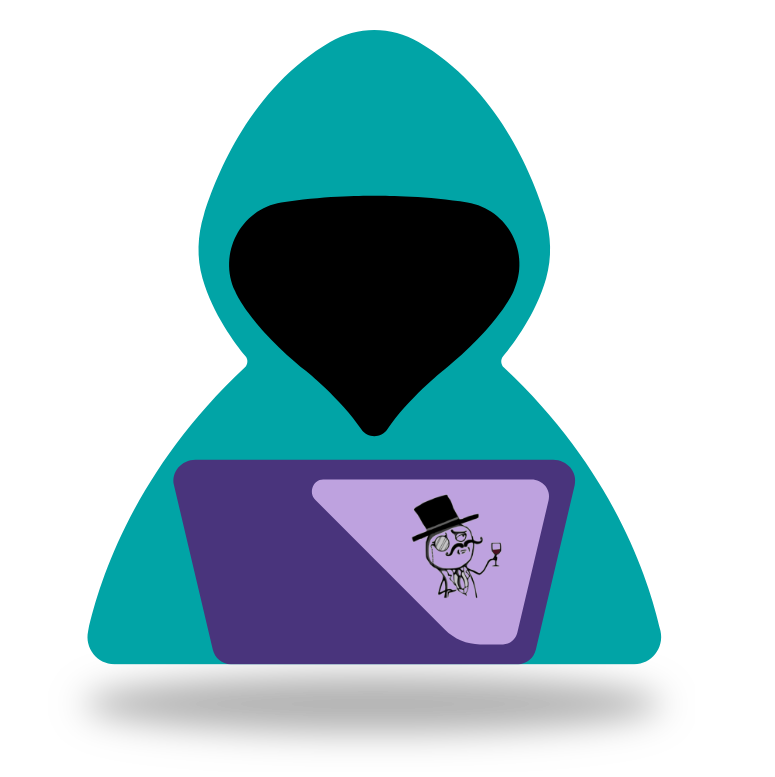
The group was commonly associated with software security breaches and data theft. They gained notoriety for their high-profile attacks on Sony Pictures, Fox Broadcasting, the Arizona State Police, and the CIA, among others. LulzSec became well-known for their public release of stolen data, which they called “lulz.” The group also taunted their targets and the authorities through public statements and press releases. LulzSec’s main goal was entertainment through hijacking high-profile targets and mocking them publicly.
PBS.org – In May 2011, the LulzSec hacking group breached the security of PBS.org and released user records. The attack was in response to a program aired on PBS that LulzSec claimed was biased against WikiLeaks founder Julian Assange.
PBS.org was forced to take its website offline for several days following the attack. The incident also led to the exposure of PBS’s Twitter account credentials, which allowed LulzSec to send a fake tweet claiming rapper Tupac Shakur was alive and well.
Arizona Department of Public Safety – In June 2011, the LulzSec hacking group breached the security of the Arizona Department of Public Safety and released numerous confidential documents. The attack was in response to the state of Arizona’s controversial immigration law.
The release of the user records resulted in personal data being exposed, including home addresses and Social Security numbers. The attack also caused the Arizona Department of Public Safety’s website to go offline for several days.
CIA – In June 2011, the LulzSec hacking group breached the security of the Central Intelligence Agency’s website and released many documents. The attack was in response to the U.S. government’s involvement in the Afghan War.
The CIA’s website was taken offline for a short period following the attack. However, no sensitive information was released due to the incident.
The Syrian Electronic Army (SEA) is a pro-Assad hacking group of hackers active since 2011. One of their most famous attacks was against The Guardian newspaper website, in which they took over the website and published a false story. They have also attacked many other websites, including The New York Times and The Washington Post.
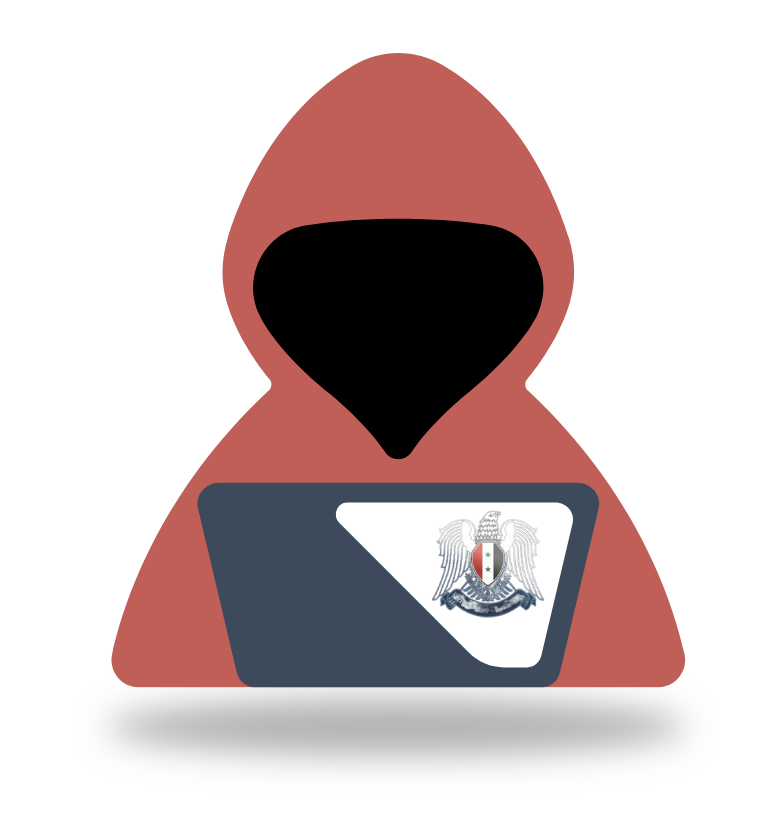
Media outlets that the group has targeted also include CNN and Time Magazine. The SEA is also known for launching DDoS attacks against various websites, including those of the Syrian opposition and human rights groups. It is also known for hijacking high-profile social media accounts and websites to spread pro-regime propaganda.
The New York Times – In August 2013, the Syrian Electronic Army hacked into The New York Times‘ website and defaced the home page. The group claimed the attack was in retaliation for the Times’ coverage of the Syrian conflict. The hack resulted in the temporary suspension of its website. The data breach damaged the newspaper’s credibility and caused significant financial losses.
The Washington Post – In August 2013, the Syrian Electronic Army hacked into The Washington Post‘s website and defaced the home page. The group claimed the attack was in retaliation for the Post‘s coverage of the Syrian conflict.
The Guardian – In June 2013, the Syrian Electronic Army hacked into The Guardian‘s website and redirected visitors to a page that displayed a message in support of the Syrian president. The group claimed the attack was in retaliation for the newspaper’s coverage of the Syrian conflict.
The following are the reasons why businesses should prioritize application security:
As mentioned earlier, hacker groups target customer data, as it is a valuable commodity. By investing in application security, businesses can enhance their data security and avoid being compromised.
If a hacker group can gain access to a business’s systems, they can wreak havoc and cause financial damage. This could include anything from stealing money to destroying data. Application security can help prevent this from happening.
If a business is a victim of a hacking attack, it could damage its reputation. This is why businesses need to have robust application security measures in place to protect their systems from being compromised.
In today’s digital age, it is more important than ever to invest in application security. The top three notorious hacking groups are a sobering reminder of why businesses should invest in application security. The good news: solutions like Kiuwan can help protect your business from data breaches throughout your software supply chain. Learn more about how Kiuwan can help you secure your applications and keep your data safe through SCA and SAST.

